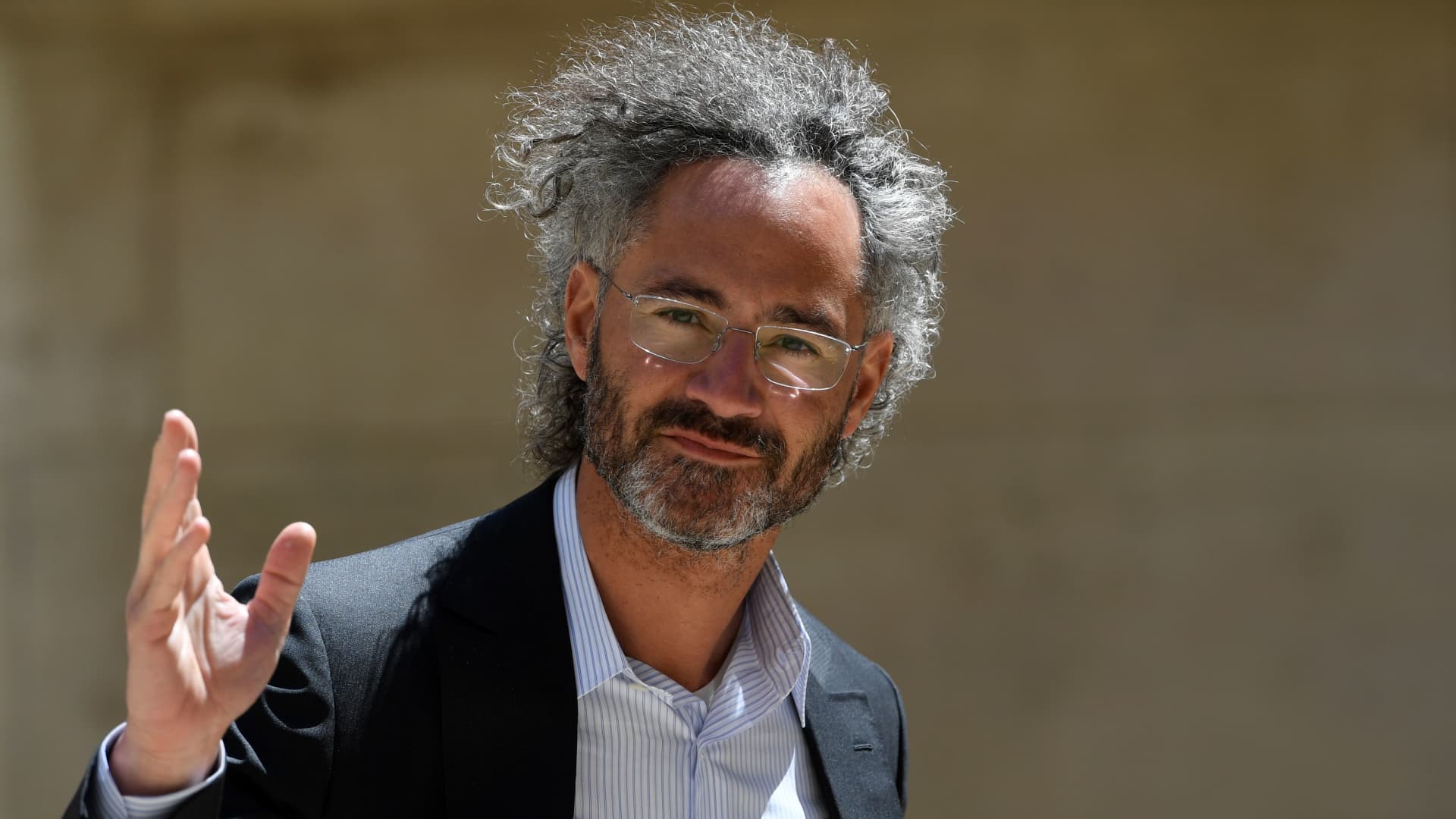Palantir co-founder and CEO Alex Karp believes this period of “deadly” macroeconomic uncertainties will crush many companies with shaky fundamentals.
“Bad times are incredibly good for Palantir … bad times really uncover the durable companies, and tech is going through bad times … interest rates are the reason,” Karp said Thursday on CNBC’s “Squawk Box.” “Will this deadly tidal wave wipe out some companies? Yes it will.”
The Federal Reserve on Wednesday raised benchmark interest rates by another three-quarters of a percentage point to a range of 3%-3.25%, the highest since early 2008. The Bank of England, the Swiss National Bank, and the central banks of Norway, the Philippines, South Africa, Taiwan, Vietnam and Indonesia followed suit, hiking rates to control inflation that has spiraled over the last year.
Palantir is a developer of data analysis software that went public via a direct listing in September 2020 after nearly two decades as a private company. The stock is down nearly 60% this year.
Karp said only those quality companies producing durable goods would survive the hard times.
“You will see that the durable companies that come out of this in three, four years … are largely going to be from America, largely from the West Coast and they are going to be focusing on producing things that actually matter,” Karp said.
The risk of a recession in the U.S. crept higher as the Fed vowed to beat inflation with aggressive rate hikes. The central bank has dialed down its economic projections, predicting higher unemployment and much slower GDP growth.
Karp believes that the situation is even more dire overseas.
“People are scared s—less about energy outside of America,” Karp said. “They are so scared about the macro-political conditions that no one wants to talk about them. Their enterprises are built for a static and unified world of peace. The balance sheets obviously are often not prepared for what’s going to happen, which I think is going to be pretty bad in the next couple of years politically and economically.”
